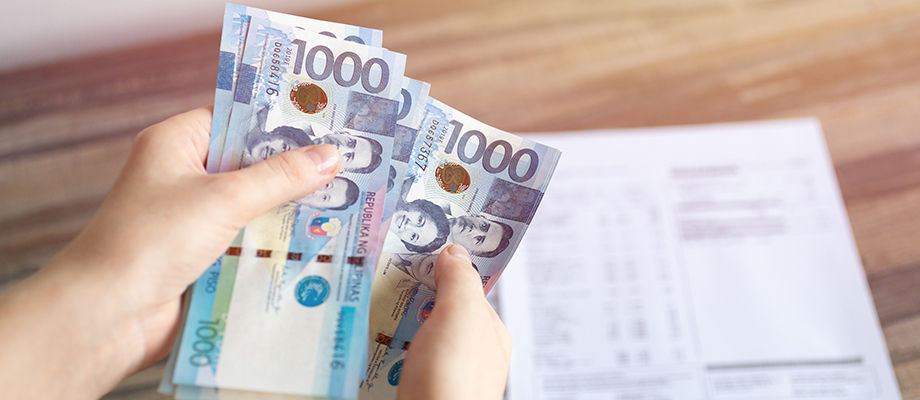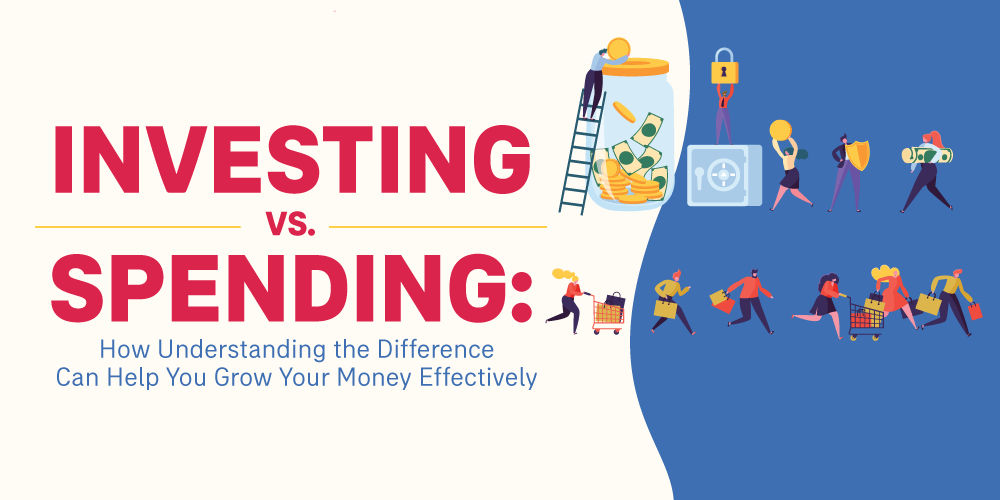With the pandemic changing the way people transact, the task of managing finances, settling bills, and transferring money have become online activities, too. Unfortunately, scammers have taken note of this and are now coming up with increasingly creative ways to steal your data or hard-earned money from your savings plan.
The common scams rampant today
To get up to speed with what fraudsters are up to, here’s a brief list of their MOs. Don’t be surprised if you think that you might have been targeted at one point with the following scams.
- Phone scams – Because Filipinos usually have such a large network, it’s easy for someone to pretend to be a family member’s friend and say that they are supposedly in an accident. These people may ask for financial help right away, leveraging on the panic they’ve created.
- Lottery scams – This type of fraud may come as an SMS saying that you’ve won something from a contest you may or may not remember joining. Before you get to claim your so-called prize, you’ll be asked to divulge sensitive information—but not get anything in return.
- ATM fraud – Some ATMs may have information-capturing devices installed in them that can steal your data, such as your card number and PIN. This can make it easy for scammers to buy products online using your details.
- Fake sites – Beware of the stores popping up online! It’s difficult to trust just any website—they could lead you to a fake portal that records your card information, but does not fulfill your order.
- Email phishing – You may get some pretty convincing emails that seemingly come from your bank, but when you click the link to log-in to your online banking portal, it may end up just being a trap to access your account.
How to protect your money against scams
Taking the necessary steps below will instill cautiousness and prevent you from being easily deceived by the numerous scams online.
- If something feels too good to be true, it probably is.
Picture this: You see an ad from an online store offering a massive discount to an expensive product. It’s probably meant to be, right? Well, perhaps not.
Instead of jumping at the chance to secure the deal, consider the reputation of the store. Do an online background check by reading reviews and getting in touch with people whom you know have purchased from the store.
The same is true for those who claim freebies, too. If they’re offering “free products” but are still asking for money so you can cover shipping fees, then it’s better to stay away.
- Use only trusted apps and online services when making transactions.
Don’t complete transactions using fishy or unknown payment portals. If you’re handling financial matters, make sure to download the official app of your bank, and only enter your details there. Never use third-party apps to log-in, as this increases the chances of fraud.
When buying online, make sure the website has a valid security certificate, reviews from legitimate users, and a clear return and refund policy. Looking for this trust signal is a huge deal and will allow you to decipher if this store is legit or not.
- Be careful when clicking links from any sender.
Be careful when accessing links on your computer, as they may contain a virus or ask you to enter information that could lead to identity theft. Personal details are commonly used to verify your transactions with the bank, so you should be careful with handing out this information. This is called phishing and is, unfortunately, one of the most common ways people get tricked into losing money.
Scammers are also skilled in impersonating various service providers, so make sure the email is legitimate before taking action. Most companies won’t ask you for sensitive information over emails or links.
- Change your password regularly.
You might think that you’re safe because none of the instances above has happened to you—but you can’t be too sure these days. Assume that hackers and tricksters are always out to get your account, so it will still help to change your passwords and security codes regularly.
- Always review your purchase activity.
If it’s not a habit of yours to check your previous transactions, then you might have already been targeted without your knowledge. Some scammers choose to spend money in smaller amounts so as not to alert the account owner—but they will do this regularly, amounting to a significant loss in the end.
Whether it’s your log-in activity on your banking portals or your credit card statements, make sure to check your previous actions for any discrepancy.
It pays to be vigilant
With scams becoming rampant across the globe, it won’t do any harm to take extra precautions. Always make sure that you’re protected by simply following these tips. Want tips to secure your money and manage your finances? Read more posts on the BPI AIA blog to know more.





